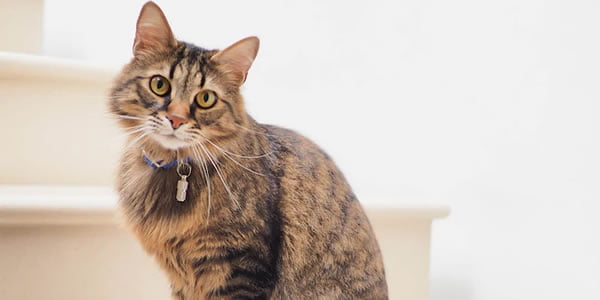First thing first, the answer is NO.
Feline leukemia virus (FeLV) is a contagious disease that can be transmitted from one cat to another through saliva, blood, urine, and feces. The most common ways of transmission are bite wounds, grooming, sharing food and water bowls, and from an infected mother to her kittens. Therefore, if a cat with feline leukemia lives with other cats, there is a possibility that the virus can spread to them.
However, not all cats that are exposed to FeLV will become infected. Some cats may be able to resist or eliminate the infection, while others may become carriers of the virus without showing any signs of illness. The risk of infection depends on several factors, such as the age, immune status, and genetic makeup of the cat. Kittens are more susceptible than adult cats, and cats with weak immune systems are more vulnerable than healthy cats.
What should I do to stop FeLV infection in my cats?
Since there are already some FeLV vaccines available now, the best way is to keep the cat vaccinated as soon as possible and run the FeLV antigen testing routinely.
Here are some examples of FeLV vaccines,
Nobivac® Feline 2-FeLV: This is an inactivated virus vaccine that provides protection against FeLV for at least 2 years. It is given as two doses, 3 to 4 weeks apart, starting from 9 weeks of age or older.
Purevax® FeLV: This is a recombinant vaccine that uses a canarypox virus to deliver the FeLV antigen. It provides protection against FeLV for at least 1 year. It is given as two doses, 3 to 4 weeks apart, starting from 8 weeks of age or older.
Fel-O-Vax Lv-K®: This is a killed virus vaccine that provides protection against FeLV for at least 1 year. It is given as two doses, 3 to 4 weeks apart, starting from 10 weeks of age or older.

